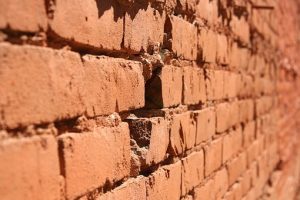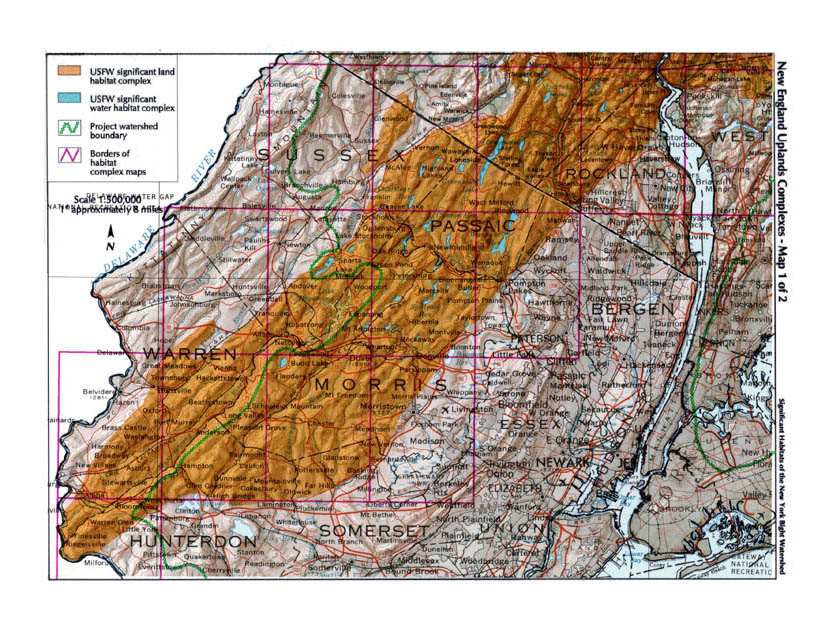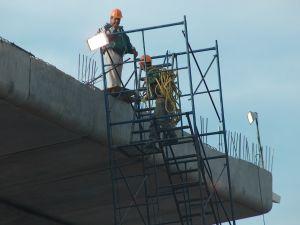 Retainage in New Jersey Construction Law
Retainage in New Jersey Construction Law
One of the areas which our construction lawyers often address is retainage.
The Use Retainage in New Jersey Construction Law
Retainage is an important device in construction law. Our attorneys have helped New Jersey contractors, subcontractors, owners and construction suppliers with issues related to retainage.
Retainage is an amount intentionally withheld from payment. It may be withheld by an owner from payment to a contractor, from a general contractor, to a subcontractor, or from a subcontractor to a lower tier subsubcontractor.
Retainage in Construction Contracts & Drafting Effective Retainage Provisions
Retainage is a creature of contract law. It is governed by the provisions of the contract or subcontract between the parties. Whatever the contract says about retainage will control; and if retainage is not provided for in the contract, it is not allowed.
Since the terms of the retainage are governed by the terms of the contract or subcontract, drafting the contract is extremely important. It is essential to have an experienced attorney on your side. Our construction attorneys negotiate and draft contracts, subcontracts and supplier contracts. We review construction contracts for our clients and advise them on their rights and responsibilities.
Litigation Over Construction Disputes
Disputes are common, as retainage is typically required to be paid when the work is “subtanitially complete.” Parties often disagree on what that term means. When these disputes arise, our attorneys fight aggressively for our clients’ rights in negotiations, mediation, arbitration and litigation. However, we first attempt to avoid these disputes by drafting clear language in contracts which protect our clients’ rights.
Continue reading
 actors and building suppliers in the prosecution and defense of construction lien claims.
actors and building suppliers in the prosecution and defense of construction lien claims. New Jersey Lawyers Blog
New Jersey Lawyers Blog


 Disputes over construction projects can be costly, time-consuming, complex and unpredictable endeavors. Arbitration is a mechanism often used to avoid these pitfalls by many in New Jersey construction law. Attorneys from our firm have significant experience in litigating and arbitrating construction disputes. One of the most contentious areas is whether a dispute is subject to arbitration or whether it may be litigated in court. Even more complex is trying to figure out which parts, if any, are covered by an arbitration in multi-issue disputes. New Jersey’s courts recently faced just this problem and issued an important precedential decision.
Disputes over construction projects can be costly, time-consuming, complex and unpredictable endeavors. Arbitration is a mechanism often used to avoid these pitfalls by many in New Jersey construction law. Attorneys from our firm have significant experience in litigating and arbitrating construction disputes. One of the most contentious areas is whether a dispute is subject to arbitration or whether it may be litigated in court. Even more complex is trying to figure out which parts, if any, are covered by an arbitration in multi-issue disputes. New Jersey’s courts recently faced just this problem and issued an important precedential decision.



